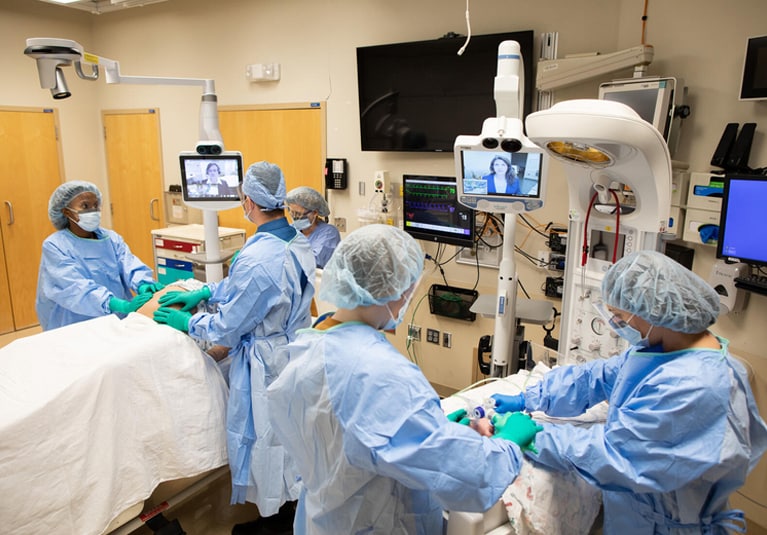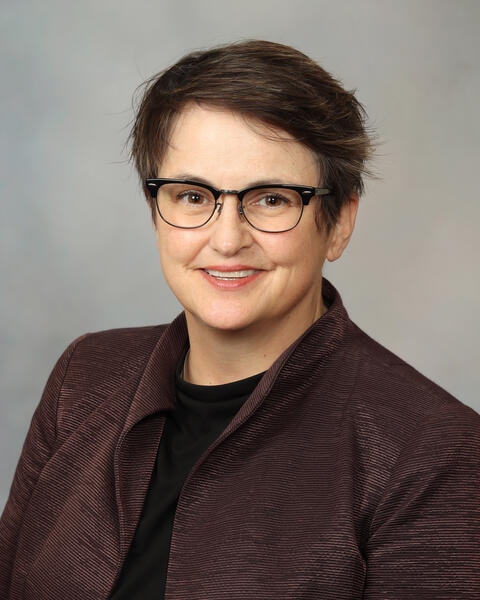
Mayo Clinic Obstetrics in Rochester, Minnesota, offers small emergency departments and hospitals 24/7 virtual access to obstetricians (OBs) to help stabilize expectant mothers with acute conditions. Mayo Clinic News reported on the new service:
Given the current shortage of practicing OBs nationwide and a rural obstetrics exodus, many communities don't have day-and-night specialty care for pregnant women requiring urgent assistance. Even if an OB is on staff at a small remote hospital, that physician may take calls from home, rather than being continuously on-site for emergent situations.
Since fewer OBs are around at all times for emergencies, women in rural settings are now farther from appropriate specialty care, which affects outcomes. The aim of the service is to improve care quality and help medical centers achieve the standard of care for serious events in pregnant patients, including severe hypertension treatment within 30 minutes.

"They can just turn on the video and have access to Mayo Clinic laborists," says Regan N. Theiler, M.D., Ph.D., chair of Obstetrics at Mayo Clinic's campus in Rochester, Minnesota, and program leader. "We're here and awake 24/7 if the primary people who see acute OB cases in your facility or the backup for them is not immediately available.
Learn more about Mayo Clinic’s TeleNeonatalogy program.
Mayo Clinic opened the acute care teleOB program before COVID-19. The pandemic, however, brought telemedicine to the fore and improved its status, reinforcing the Mayo program. The Mayo Clinic acute care teleOB program wants to add sites to its network and is open to exploring potential participating facilities throughout the U.S., says Dr. Theiler. She and colleagues currently are in discussions with external hospitals about joining the program. Teleneonatology services also are available.
Dr. Theiler says providers in small rural emergency departments may not be planning on providing OB care. Yet an expectant patient may enter the facility at any time presenting with an urgent medical issue.
"These kinds of situations are rare for a facility like this, and they take specialty knowledge," says Dr. Theiler. "For instance, an emergency department provider in a rural facility may recognize a serious OB condition, but we can help by telling them what it is and how to treat it. When you need this consult, you really need it. We think we can be a resource to small hospitals in more-remote U.S. locations."
"This is a service to providers working in the field, bringing help and peace of mind," says Dr. Theiler. "We're expanding our efforts to serve underserved areas of the country, particularly rural areas where women don't have 24/7 access to maternal care. This is the opposite of the destination medicine concept — it's bringing specialty medicine to the patient."
Read the full story about Mayo Clinic’s TeleOB services.
Learn more about other innovative services at Mayo Clinic.
 Connect
Connect
 Connect
Connect